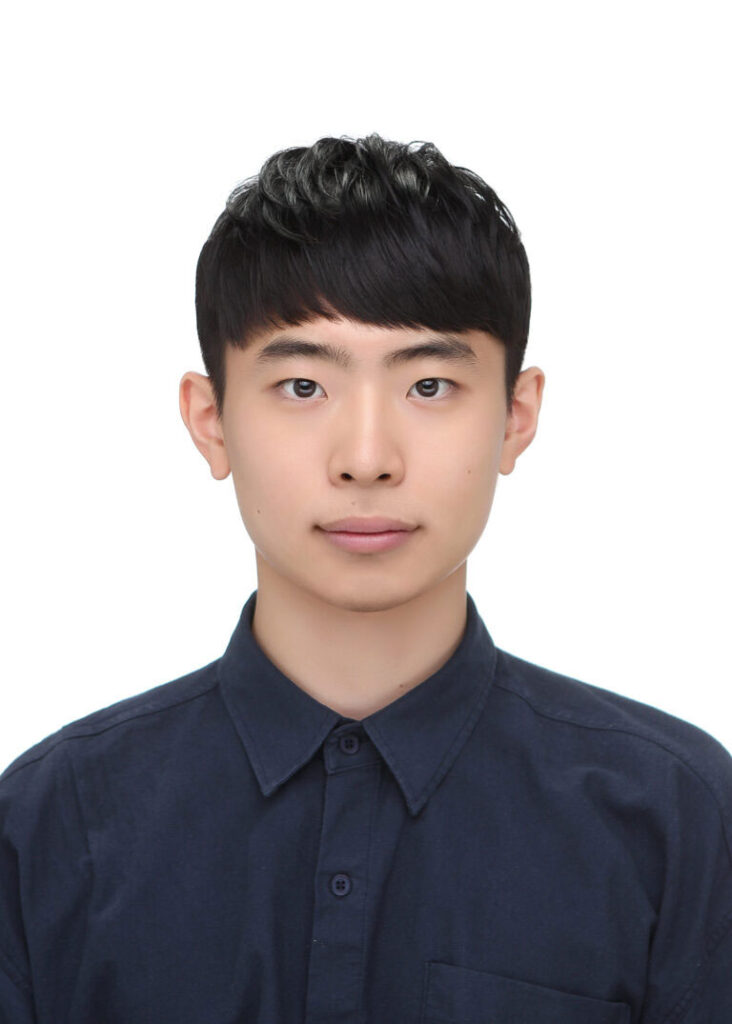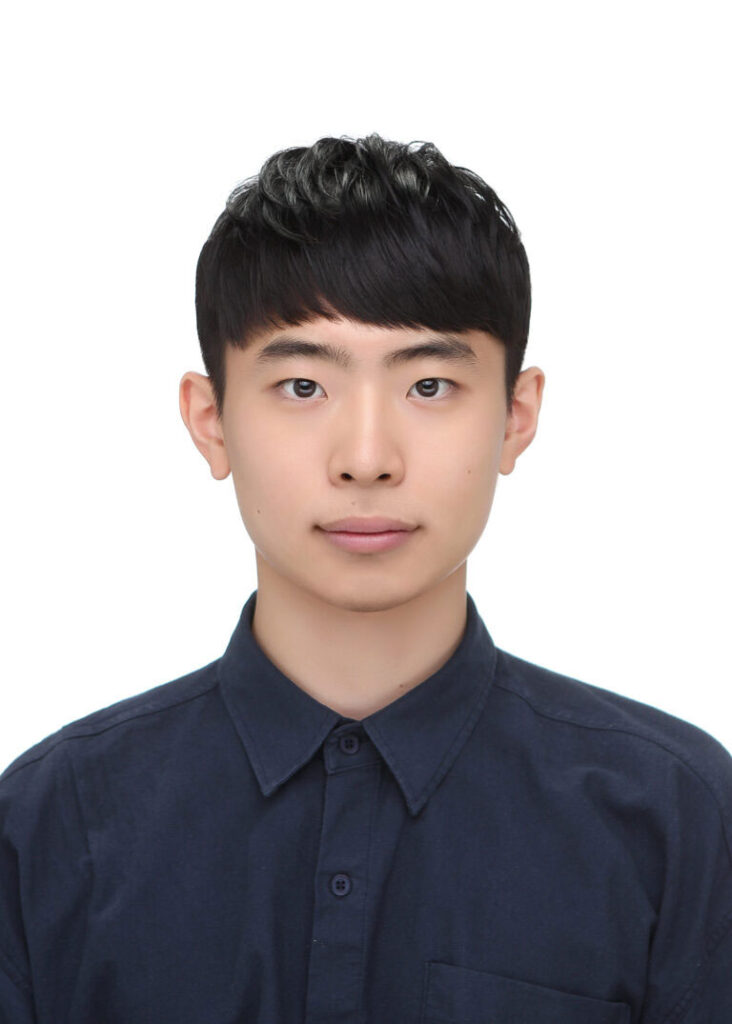
Please join me in welcoming Dr Seok-Hyung Lee, who recently commenced a post-doctoral research fellowship with the Quantum Theory Group. Seok-Hyung completed his PhD at Seoul National University in South Korea under the supervision of Professor Hyunseok Jeong. His research during graduate school was focused on fault-tolerant measurement-based quantum computing (MBQC), particularly in photonic systems. Beyond quantum computing, he is also eager to explore various fields in quantum error correction from both fundamental and practical perspectives.
Seok-Hyung Lee agreed to share more about himself and his professional journey in the quantum science field. Here’s what he had to say…
Tell us about how you got here. Have you always known that you wanted to work in the field of Quantum Science?
During my undergraduate studies, I came across a book that delved into various promising fields of science and technology related to “information.” It was in this book that I first discovered the captivating world of quantum information science. The concept that quantum phenomena, such as entanglement, can be utilized to efficiently process information was very fascinating to me. From that point on, quantum information science became one of the strongest candidate for studying in graduate school and in future career.
Why did you choose the Quantum Science Group to pursue a postdoc research fellowship?
When I began my search for a postdoc position, I investigated which institutions were behind the papers that had captured my interest during my graduate studies. Then I realized that many of them were from Quantum Science Group at the University of Sydney! The group has undertaken various fascinating research on quantum error correction, which was a sufficient reason for me to apply for its postdoc research fellowship. I am delighted to have the opportunity to join the group.
Speaking of captivating reading, what is your favourite book or article in the Quantum Physics literature?
I understand that this is your first time in Australia. What are you most excited about trying/learning/doing?
Yes, this is my first time in Australia! I am so looking forward to new life and experiences here. I have heard about the breathtaking natural scenery in Australia, from expansive forests to desolate deserts. I am excited to explore these places and enjoy the wonderful nature while I’m staying here. Furthermore, I’m looking forward to meeting new people and making friends as I had lived in the same place and interacted with the same people everyday in recent several years.
Apart from contemplating the mysteries of quantum computing, what do you like to do?
Listening to music. I am quite a music-holic, especially rock and indie music in both western and eastern countries. Some of my favorite artists are My Bloody Valentine, Radiohead, Björk, black midi, tricot, Parannoul, Ichiko Aoba, etc. Among Australian bands, I love Tame Impala, which presents dreamlike psychedelic rock music. I also enjoy going to music concerts and festivals.

